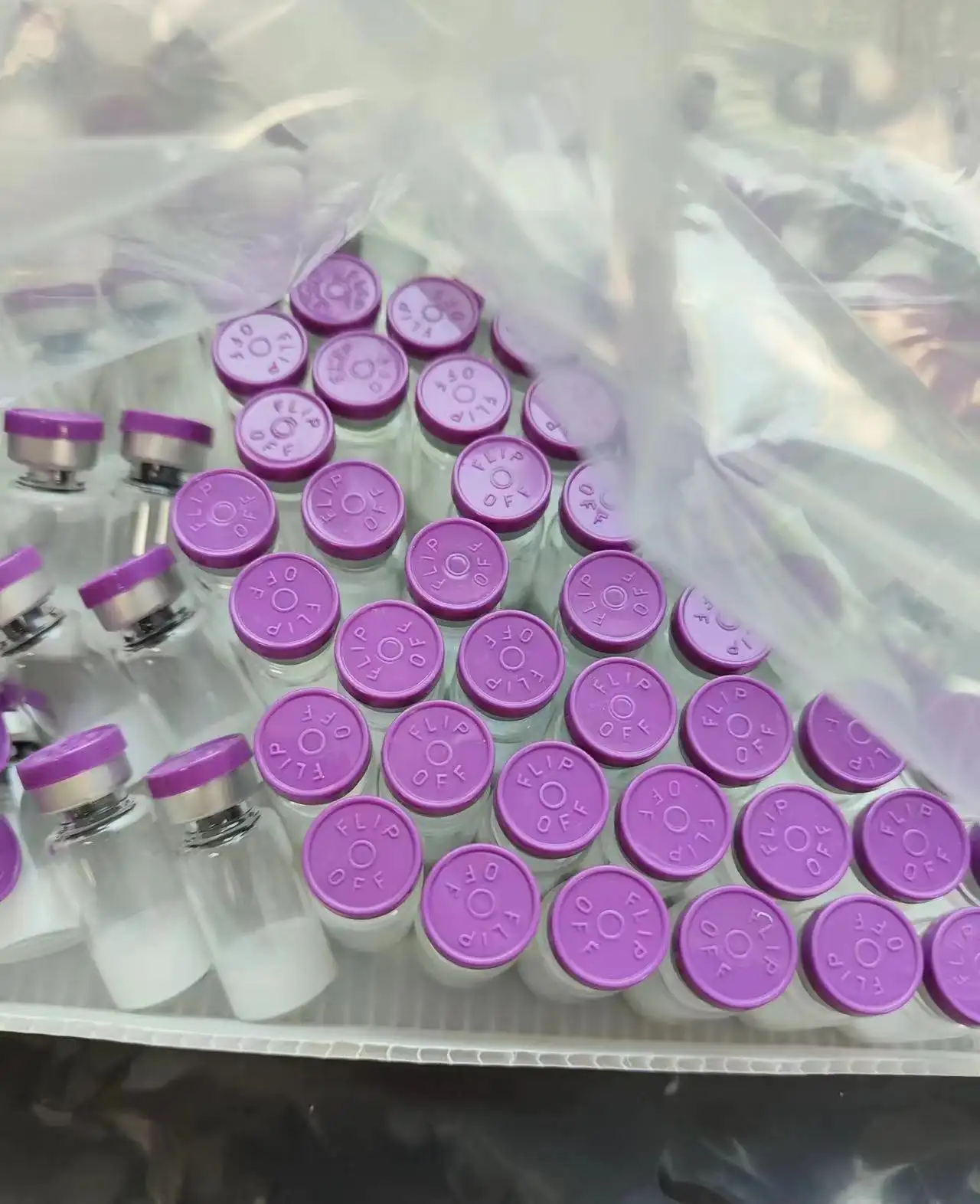-
Categories
-
Pharmaceutical Intermediates
-
Active Pharmaceutical Ingredients
-
Food Additives
- Industrial Coatings
- Agrochemicals
- Dyes and Pigments
- Surfactant
- Flavors and Fragrances
- Chemical Reagents
- Catalyst and Auxiliary
- Natural Products
- Inorganic Chemistry
-
Organic Chemistry
-
Biochemical Engineering
- Analytical Chemistry
- Cosmetic Ingredient
-
Pharmaceutical Intermediates
Promotion
ECHEMI Mall
Wholesale
Weekly Price
Exhibition
News
-
Trade Service
6, 2020 // -- A recent article in the international magazine Science Translational Medicine entitled "Glycine-treatment ameliorates NAFLD by modul fattatingy acid oxidation, In a study by Glutathione Synthesis, and the gut microbiome, scientists from institutions such as the University of Michigan found that low levels of the amino acid glycine may be directly related to the occurrence of non-alcoholic fatty liver disease (NAFLD, nonalcoholic fatty liver disease), so solving the problem of lower glycine levels may hopefully help develop new treatments for non-alcoholic fatty livers.
photo source: CC0 Public Domain researcher Y. Professor Eugene Chen said: 'Now we have opened up a new metabolic path and induced the development of a new type of potential therapy; there is a clinical need to expand treatment options for patients with non-alcoholic fatty liver disease, which is the most common chronic liver disease, but there are currently no approved drugs to treat the disease.'
study, the researchers focused on the association between abnormal amino acid metabolism and the occurrence of non-alcoholic fatty liver disease, which scientists had not previously been well aware of.
, Rom, a
researcher, said there have been previous reports of lower levels of glycine circulating in the body in patients with non-alcoholic fatty liver disease and its associated complications, including diabetes, obesity and cardiovascular disease.
this paper not only provides an explanation of glycine metabolism of body defects in patients with non-alcoholic fatty liver, but also uncovers a new treatment based on glycine to treat non-alcoholic fatty liver.
Now researchers can use tripeptides called DT-109 to improve body composition and a variety of other parameters in mouse models, and finally, researchers say glycine-based therapy may slow the experiment by stimulating oxidation of liver fat and glutathione synthesis. The condition of non-alcoholic fatty liver disease may also guarantee clinical evaluation, and later researchers will continue to delve into further molecular associations between the body's glycine levels and the occurrence of non-alcoholic fatty liver disease, and provide new ideas and research foundations for the development of potential therapies for the disease.
() Original source: Oren Rom, Yuhao Liu, Zhipeng Liu, et al. Glycine-based treatment ameliorates NAFLD by modulating fatty acid oxidation, glutathione synthesis, and the gut microbiome, Science Translational Medicine (2020). DOI: 10.1126/scitranslmed.aaz2841。







